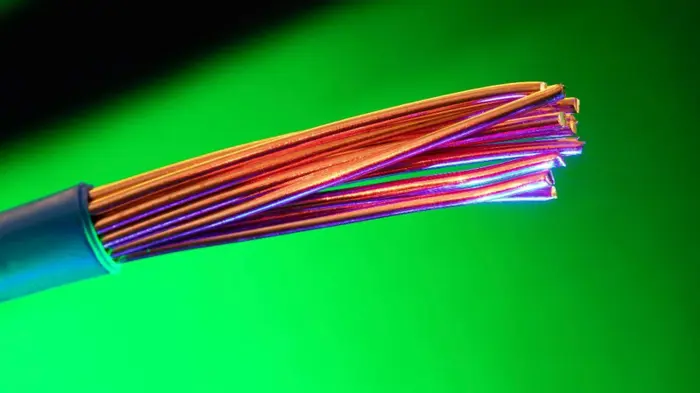QuickCheck: Is silver more conductive than copper?
FEW natural elements have contributed as much to modern technology as metals, and of all the various metals in existence, one is particularly ubiquitous: copper.
As early as primary school, children are taught about copper’s exceptional electrical conductivity. Many readers will have fond memories of science experiments with copper wires!
Copper is widely used in electrical wiring, motors, and generators due to its ability to efficiently transfer electricity with minimal resistance.
However, it is said that it is actually less conductive than another common metal – silver.
Is this true?
Verdict:
TRUE
Copper is indeed the workhorse of the electrical industry. That being said, the crown for the most conductive metal goes to silver, surpassing all others in terms of electrical conductivity.
It is said that silver is 7% more conductive than copper. This stems from its atomic structure; in silver, electrons can move more freely compared to in other metals. This means less resistance, which equals higher conductivity.
However, the choice between the two metals in an industrial context often depends on factors beyond sheer conductivity.
In high-performance applications, such as sensitive electronic circuits and precision instruments where electrical efficiency is paramount, silver is favoured.
Copper, on the other hand, remains the primary choice for the vast majority of consumer wiring, motors, and generators – which do not necessarily require optimal conductivity – due to its affordability and tensile strength.
Copper also offers two significant advantages over silver: it is more resistant to oxidisation and less likely to lose efficiency over time.
As such, in some cases, the two metals are used in combination to take advantage of their respective strengths.
For example, silver plating on copper conductors can enhance conductivity and corrosion resistance, offering a hybrid solution that leverages both metals’ advantages.
Sometimes, less conductive metals may even be considered over these two powerhouses depending on the specific use case.
For example, gold is often used in connectors and contacts due to its remarkable corrosion resistance despite being less conductive than both copper and silver!














Leave a Reply